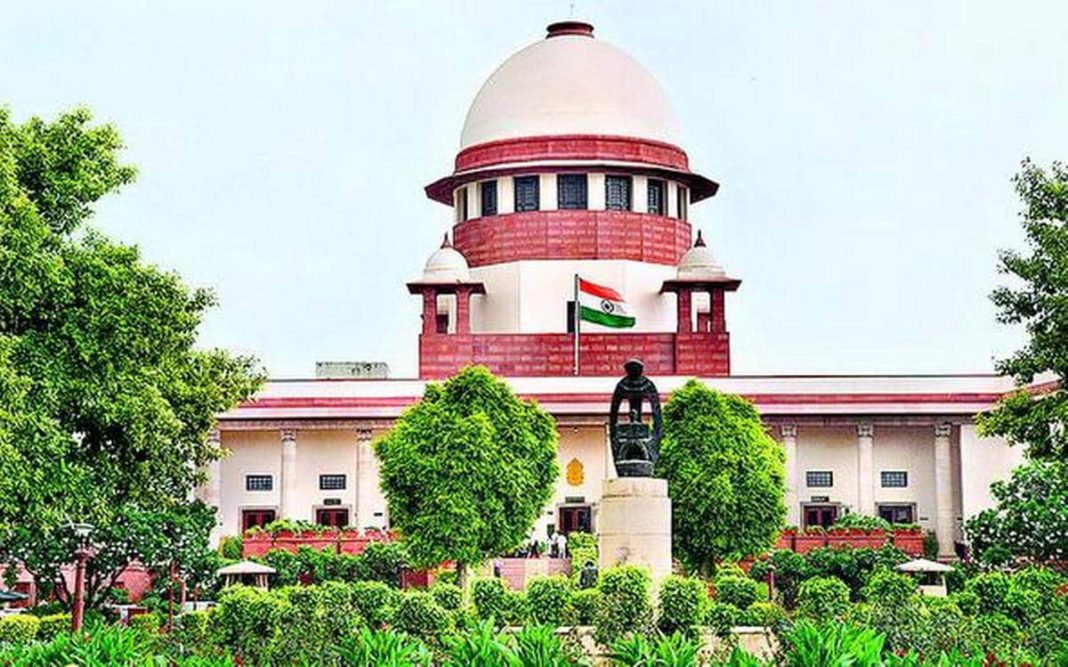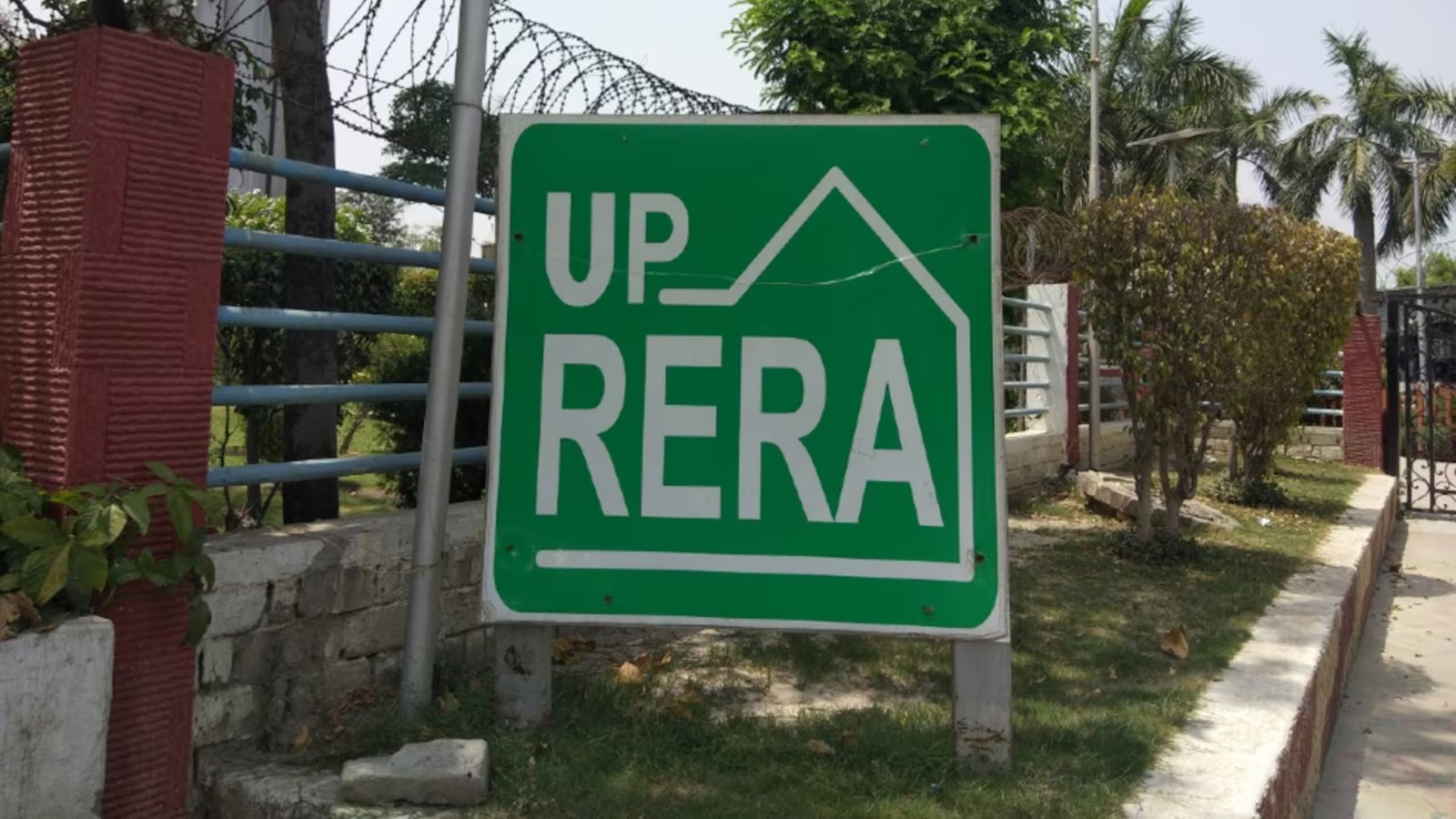RERA
Maharashtra RERA Leading by example




Divya Malcolm
The first few years, in any relation, are a period of adjustment. Sure enough, very soon the validity of RERA was challenged by a writ petition filed by Neelkamal Realtors Suburban and other developers before the Bombay High Court. The petitioners also questioned the Constitutional validity of the Maharashtra Real Estate (Regulation and Development) (Registration of Real Estate Projects, Registration of Real Estate Agents, Rates of Interest and Disclosures on Website) Rules, 2017 (MahaRules) promulgated by the Government of Maharashtra. The validity of RERA and MahaRules was cemented in a detailed order dated December 6, 2017 passed by the court. Most importantly, all doubting Thomases were put to rest. By the time of the order, MahaRERA had taken large strides.
MahaRERA’s jurisdiction
Issues regarding the applicability of RERA, MahaRules, their scope etc. were quickly resolved. In one instance members of a co-operative housing society, which had entered into a development agreement, knocked the doors of MahaRERA for relief against the developer. The grievances included illegal construction, non-payment of compensation, among others. MahaRERA dismissed their complaint. And rightly so! These members could not be construed as allottees or flat purchasers. They were, in fact, co-developers rather than customers.
In another case, a developer who had undertaken construction of a South Mumbai property rushed to MahaRERA alleging misdemeanours on the part of his partner/co-developer. This matter too was turned down by MahaRERA on the same grounds. In a similar vein, an investor who had extended finance to the project in consideration of substantial built-up area was turned away as he could not be construed as an allottee. Today, RERA’s basic territory has been well defined. It exists to adjudicate disputes between allottees and promoter/s. Therefore, co-developers or investors seeking specific performance of their contracts cannot bypass the courts of law. They should have incorporated an arbitration clause at the time of putting pen to paper if they wanted swifter means of dispute resolution.
- In one instance members of a co-operative housing society, which had entered into a development agreement, knocked the doors of MahaRERA for relief against the developer.
- In another case, a developer who had undertaken construction of a South Mumbai property rushed to MahaRERA alleging misdemeanours on the part of his partner/co-developer.
- Today, RERA’s basic territory has been well defined. It exists to adjudicate disputes between allottees and promoter/s. Therefore, co-developers or investors seeking specific performance of their contracts cannot bypass the courts of law.
- Tenancy is governed by state laws. In Maharashtra, the extant legislation is the Maharashtra Rent Control Act, 1999. Therefore, in disputes between a landlord and tenant, RERA will have no role to play.
- The MahaRERA Tribunal has been as proactive as MahaRERA. In appeal, under the provisions of RERA, the promoter is required to deposit a certain percentage of amount payable to the allottee, a provision that many tried to surpass.
- The civil courts did commendable work in the implementation of MOFA. However, as it lacked a separate adjudicatory mechanism, its efficacy suffered. It’s here that RERA is making a real difference.
- Past over-leveraged positions are haunting developers as they are struggling to adhere to the timelines of project completion. In this regard, MahaRERA’s approach has been that of finding a middle path rather than castigating builders.
- MahaRERA’s portal is extremely user-friendly. Plans are now afoot to map registered projects using GIS technology. Parties to a dispute are informed by email regarding their matters.
Leases under purview
Whether leases fall within the purview of RERA was a question that vexed many, especially since it involved interpretation of statues. The Maharashtra Real Estate Appellate Tribunal (MahaRERA Tribunal) in its order dated March 15, 2018 (passed in Jitendra Jagdish Tulsiani V/s. 1 Lavasa Corporation Ltd & Anr and 2. Real Estate Regulatory Authority), held that long-term leases fall within the purview of RERA. What is excluded is landlord-tenant relationship. Tenancy is governed by various state laws. In Maharashtra, the extant legislation is the Maharashtra Rent Control Act, 1999. Therefore, in disputes between a landlord and his tenant, RERA will have no role to play.
The MahaRERA Tribunal has been as proactive as MahaRERA. In appeal, under the provisions of RERA, the promoter is required to deposit with the Appellate Authority a certain percentage of amount payable to the allottee, a provision that many tried to surpass. In MM Developers V/s. Abdul Rahim Abdul Aziz Thakur, MahaRERA Tribunal dismissed MM Developers’ appeal as it failed to deposit the requisite amount.
Maharashtra has a rich legacy of the Maharashtra Ownership of Flats (Regulation of the Promotion of Construction, Sale, Management and Transfer) Act, 1963 (MOFA). In essence RERA and MOFA are more or less the same. The civil courts did commendable work in the implementation of MOFA. However, as it lacked a separate adjudicatory mechanism, its efficacy suffered. It’s here that RERA is making a real difference.
A large number of cases were solved by way of out-of-court settlements. Both the developers as well as the flat purchasers are going through a rough time. For example, many flat purchasers at the time of booking had not factored in the rise in indirect tax from 1 per cent to 12 per cent on account of GST. Middle classes are unable to absorb such a hike. If all the flat purchasers exercise their option to withdraw from a project no building will ever get completed. Past over-leveraged positions are haunting developers as they are struggling to adhere to the timelines of project completion.
In this regard, MahaRERA’s approach has been that of finding a middle path rather than castigating builders. It has created an environment of dialogue and a solution-oriented platform. Less than a month back, MahaRERA announced that a conciliatory forum has been set up for allottees and promoters to sit across the table and iron out the differences. Despite the sheer volume of the complaints the machinery isn’t clogged yet. This in itself is an achievement.
Technological advancements
MahaRERA’s portal is extremely user-friendly. Plans are now afoot to map registered projects using Geographic Information System (GIS) technology. Parties to a dispute are informed by email regarding their matters. The MahaRERA is so committed that it proposes to conduct workshops on RERA in the less developed areas of the state such as Gadchiroli and Chandrapur.
The Land Records Authority can take a leaf from the manner in which MahaRERA has functioned in the first year of its inception. Digitisation of land records was initiated 15 years ago and the work is still under progress. Perhaps buoyed by MahaRERA, recently announcements were made to complete the process of digitisation by June 2018.
Greater foreign investments, higher participation from Real Estate Investment Trusts (REITs) and larger role of responsible developers are dependent upon the success of RERA. None of these can function in a market which is all smoke and mirrors. As time goes by, RERA Authorities shall be to realty what Securities Exchange Board of India (SEBI) is to capital markets.
(The author is a Principal Associate at Kochhar & Co., a full service law firm with an international and pan-India presence and a niche real estate practice. The views expressed are her own and not that of the firm.)
-



 News3 weeks ago
News3 weeks agoKW Delhi 6 Mall Onboards New Brands
-



 News4 weeks ago
News4 weeks agoManasum Senior Living Launches IKIGAI GOA, A Senior Living Community in North Goa, in collaboration with Prescon Homes
-



 News2 weeks ago
News2 weeks agoGodrej Properties Sells Rs 3k cr+ Homes of Godrej Zenith, Gurugram, within 3 days
-



 News4 weeks ago
News4 weeks agoBridging India Divide: Top 5 Tier- 2 Cities to Focus On
-



 News3 weeks ago
News3 weeks agoCommercial Realty Gets Tech Savvy: Fast Construction, Enhanced Convenience
-



 News4 weeks ago
News4 weeks agoMultipoint Connection – A Definite Boon
-



 News3 weeks ago
News3 weeks agoRBI’s Status Quo on Key Policy Rates to Help Maintain the Real Estate Growth Momentum, Say Industry Stalwarts
-



 News1 week ago
News1 week agoOlive Announces Dhruv Kalro as Co-Founder


























